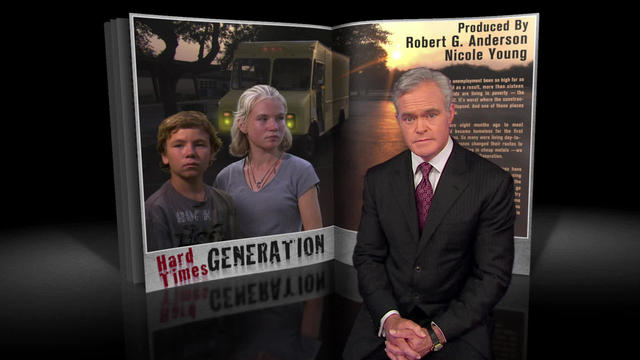
An update on 60 Minutes' story "Hard Times Generation"
In 2011, 60 Minutes met a pair of homeless Florida teenagers surviving the Great Recession in a van their father bought on Craigslist. An update on where they are now.
Watch CBS News

In 2011, 60 Minutes met a pair of homeless Florida teenagers surviving the Great Recession in a van their father bought on Craigslist. An update on where they are now.
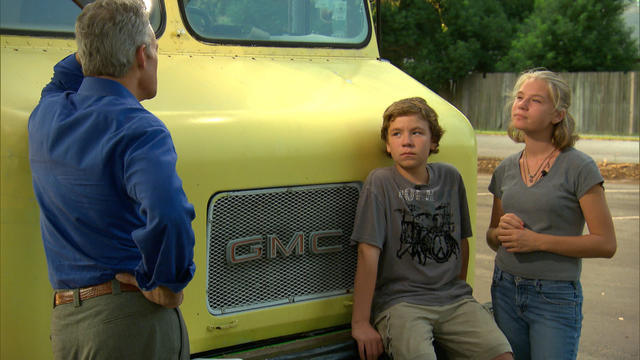
In 2011, 60 Minutes correspondent Scott Pelley reported on the economic struggle of families affected by the Great Recession.
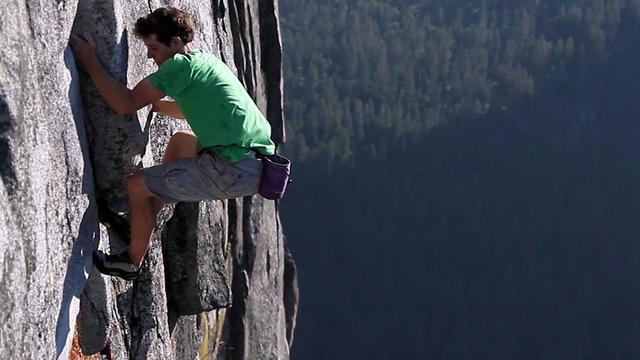
"60 Minutes" had 14 cameras rolling the day Alex Honnold tackled the sheer mountain face of Sentinel in Yosemite. While some of the cameramen were 2,600 feet below Honnold on the valley floor, others were suspended high above on climbing ropes.
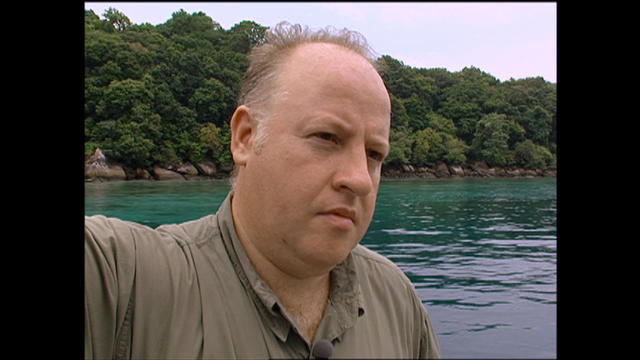
In a 2004 report, Scott Pelley traveled to Malaysia, where Peter Daszak was capturing bats to determine causes—and remedies—of a killer virus.
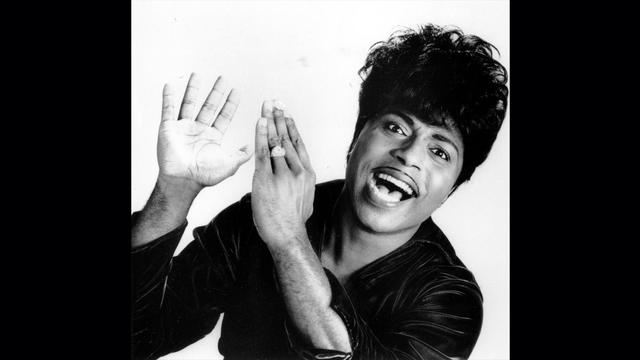
In 1985, the rock 'n' roll icon spoke with Ed Bradley about his songs, his beginnings and some of the soon-to-be famous stars he met along the way.
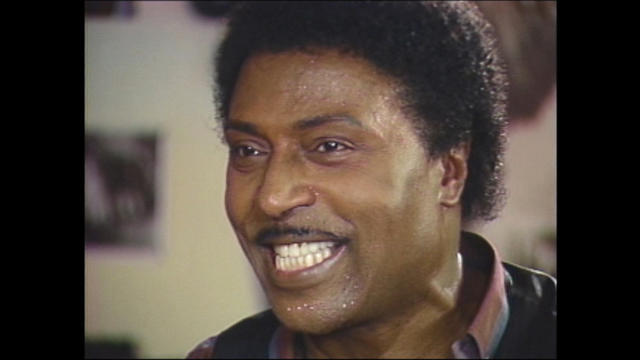
Little Richard tells 60 Minutes about the low expectations he had when he first met the Beatles and mentions how Mick Jagger used to open for him.
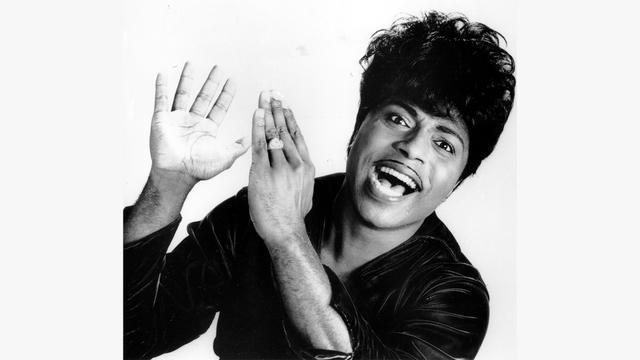
Little Richard tells Ed Bradley about why his song "Lucille" was such a staple for him and remembers when Elvis Presley and Pat Boone covered his song, "Tutti Frutti."
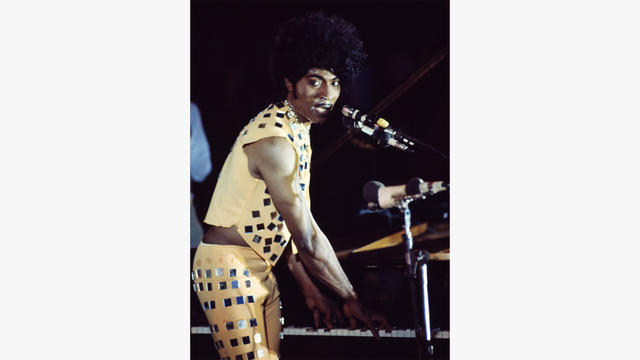
"I was called everything, but a Reuben sandwich," Little Richard tells Ed Bradley about how people reacted to his image at the beginning of his career.
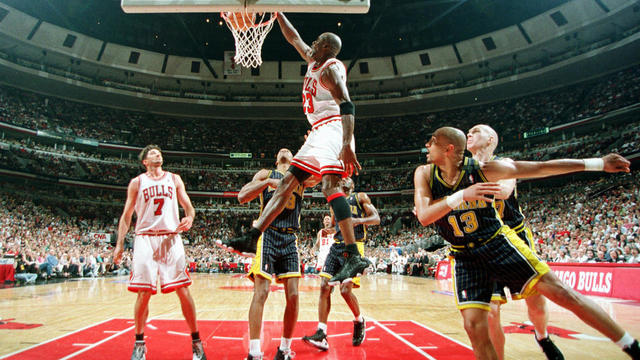
In 2005, Michael Jordan appeared on 60 Minutes for his first major television interview after his retirement from professional basketball.
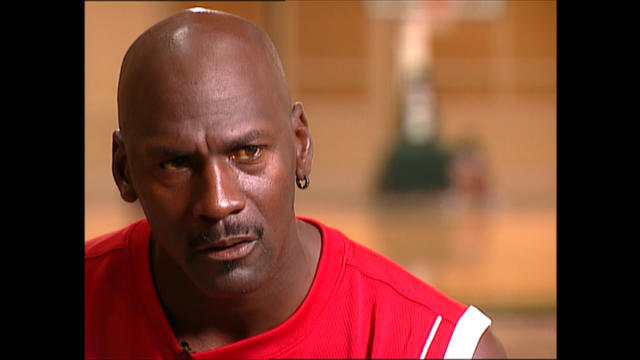
In 2005, Michael Jordan told 60 Minutes the basketball court is where he was most at peace.
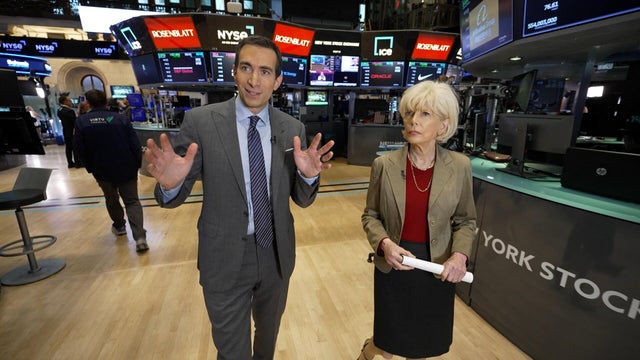
Stocks on Wall Street have rallied in recent months, but author Andrew Ross Sorkin sees a crash coming. The question is: when will the bubble pop, and how much will the market slump when it does?
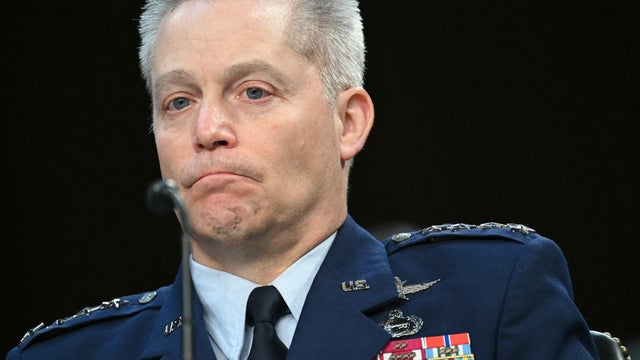
In his first television interview since his firing, Gen. Tim Haugh discusses his termination by the Trump administration.
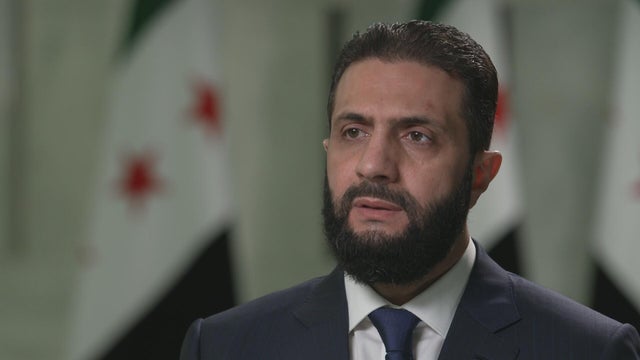
Nearly a year after the fall of the Assad regime, Syrian President Ahmed al-Sharaa discusses a fast-changing Middle East and what's being done to stabilize his fractured and traumatized country.

In December, rebel leader Ahmed al-Shaara proclaimed a new and free Syria. The former jihadist recently sat down with 60 Minutes for his first U.S. television interview since becoming president.
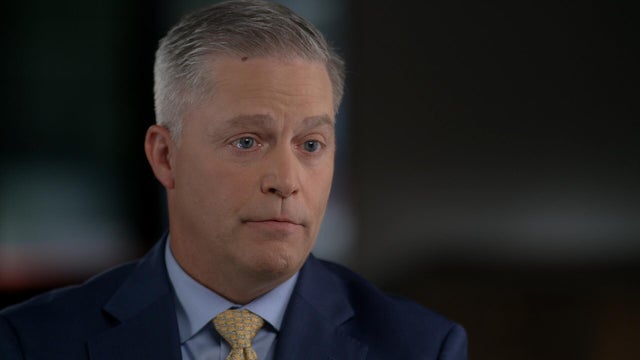
Retired Gen. Tim Haugh, the former head of the NSA, warns that China is targeting the U.S. military, industry and also America's critical infrastructure. He believes he knows why it's happening.

Recently retired Gen. Tim Haugh warns that China is hacking America's computer systems – targeting water, infrastructure and telecommunications. He says China's capacity for targeting the U.S. is growing.
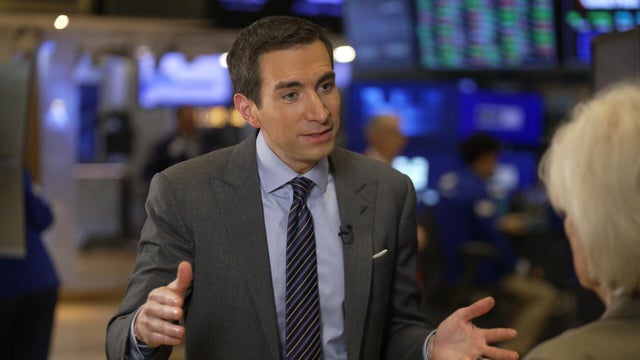
DealBook founder and Squawk Box co-host Andrew Ross Sorkin takes a look at the crash of 1929 in his new book. He tells 60 Minutes what may it may indicate about today's stock market.

News of a ceasefire — including the return of Israeli hostages — offers hope that the war ignited by Hamas will finally end. Gaza's Hamas-led Health Ministry says 67,000 people have been killed there.

Nearly a year after the fall of the Assad regime, Syrian President Ahmed al-Sharaa discusses a fast-changing Middle East and what's being done to stabilize his fractured and traumatized country.
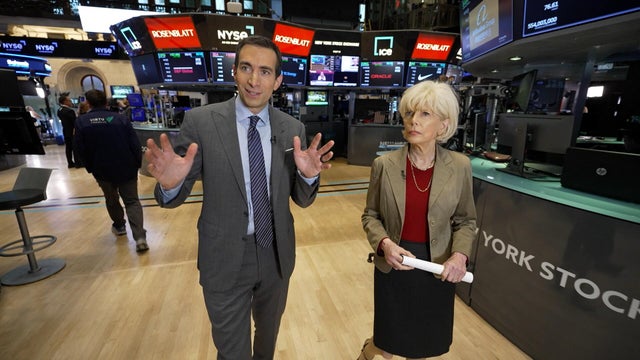
Stocks on Wall Street have rallied in recent months, but author Andrew Ross Sorkin sees a crash coming. The question is: when will the bubble pop, and how much will the market slump when it does?